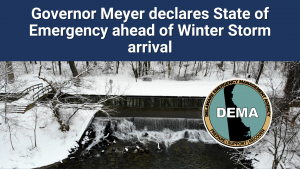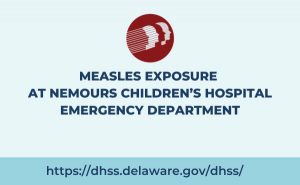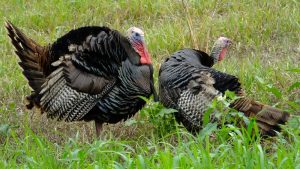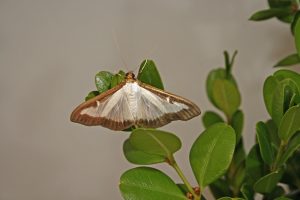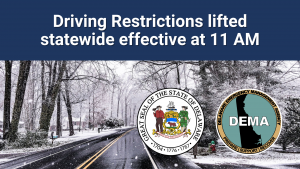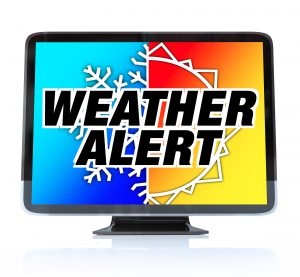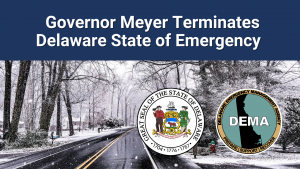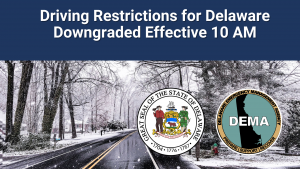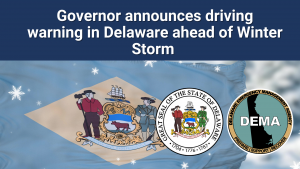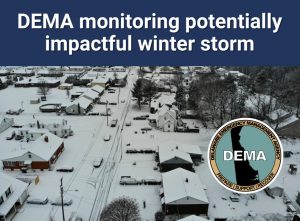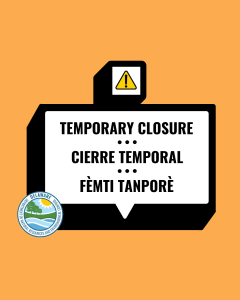
DOVER – The Department of Natural Resources and Environmental Control’s Mosquito Control Section, in conjunction with Delaware’s Division of Public Health and Department of Agriculture, has announced the first detection this year of West Nile virus (WNV) in wild birds, indicating the recurrence of this mosquito-borne disease in Delaware. WNV was detected in the first wild bird collected and tested by Mosquito Control this year, a crow found June 29 in southwestern Sussex County, and reported as WNV-positive July 5 by the Public Health Laboratory. Another crow collected in Sussex County also was reported as WNV-positive four days later.
The peak time of year for transmission of WNV, along with Delaware’s other mosquito-borne disease of concern, Eastern equine encephalitis (EEE), is from about mid-August into mid-October. During most years, evidence of WNV is first found upstate later in the season.
“Heavy rainfall amounts three times above normal from mid-May to mid-June caused a serious irruption of adult mosquitoes statewide, with conditions worse downstate than upstate,” said Mosquito Control Section Administrator Dr. William Meredith with DNREC’s Division of Fish & Wildlife. “But with extensive aerial spraying, we have now knocked back mosquito numbers in Delaware. We are hoping this early virus detection does not foreshadow abnormal mosquito-borne disease activity later in the year.”
The first finding of mosquito-transmitted virus in Delaware also serves as a good reminder for people to continue taking common-sense precautions against mosquito bites. These include wearing long-sleeved shirts and long pants when outdoors in mosquito-prone areas, applying insect repellent containing 10-30 percent DEET in accordance with all label instructions, and avoiding mosquito-infested areas or times of peak mosquito activity around dusk, dawn or throughout the night. The possibility of mosquito-borne disease transmissions will not subside until cooler autumn temperatures set in, usually in mid-October and sometimes later.
To reduce mosquito-breeding habitat and chances of disease transmission, residents should drain or remove from outdoor areas all items that collect water, such as discarded buckets or containers, uncovered trashcans, stagnant birdbaths, unprotected rain barrels or cisterns, old tires, upright wheelbarrows, flowerpot liners, depressions in tarps covering boats, clogged rain gutters, corrugated downspout extenders and unused swimming pools.
In addition to wild bird testing, the Mosquito Control Section also operates 20 monitoring stations with caged chickens in the field statewide from early July into October. The sentinel chickens are humanely kept and tended. Sentinel chickens bitten by mosquitoes carrying WNV or EEE develop antibodies that enable them to survive, with both WNV or EEE affecting humans and horses, but which cannot be transmitted between horses or from horses to people. Chicken blood from each monitoring station is tested every week for the antibodies, which indicate exposure to the mosquito-borne viruses. Mosquito Control also conducts statewide monitoring to determine the types and population abundances of the 19 mosquito species of most concern through a statewide network of 25 stationary adult light trap stations, and assesses larval mosquito populations by sampling aquatic habitats around the state.
No approved WNV or EEE vaccines are available for humans, according to Delaware’s Division of Public Health. The majority of people infected with WNV will not show any symptoms; 20 percent develop a mild illness, which may include fever, body and muscle aches, headache, nausea, vomiting, and rash. A small number of people infected develop serious illness, with young children, pregnant women, senior citizens and individuals with immuno-compromised systems being particularly vulnerable. Neurological symptoms including paralysis and possibly death may occur.
Effective EEE and West Nile vaccines are available for horses through veterinarians, according to the Delaware Department of Agriculture’s State Veterinarian’s Office. Both WNV and EEE cause severe, and sometimes fatal, infections in horses. Signs of infection in horses include fever (although not always with WNV), anorexia, head pressing, depression or personality change, wobbling or staggering, weakness, blindness, convulsions, muscle spasms in the head and neck, or hind-limb weakness. If owners notice any of these signs in their horses, they should contact their veterinarian immediately.
Horse owners can take several steps in the barn and around the farm to help protect horses from WNV and EEE. Horses should be kept inside during dawn and dusk, which are peak hours for mosquito activity. Topical insect repellents labeled for use on horses may be applied. The wind generated by fans installed in horse stalls can also help deter mosquitoes. Old tires and containers should be disposed of and standing water eliminated. Water troughs or buckets should be emptied, cleaned, and refilled every 2-3 days if possible to remove any mosquito eggs or larvae.
For more information about:
- Mosquito biology/ecology and control – Contact the Mosquito Control Section’s Dover office at 302-739-9917.
- Reporting WNV-suspect wild birds, or for requests for mosquito relief – For upstate areas from Dover north, contact Mosquito Control’s Glasgow field office at 302-836-2555; for downstate areas south of Dover, contact Mosquito Control’s Milford field office at 302-422-1512.
- WNV or EEE in humans and related medical issues – Contact the Delaware Division of Public Health at 888-295-5156.
- WNV or EEE in horses and equine vaccines – Contact the Department of Agriculture’s Poultry and Animal Health Section at 302-698-4500 or 800-282-8685 (Delaware only).
- For more information on West Nile virus or Eastern equine encephalitis – Visit the CDC website, www.cdc.gov/ncidod/dvbid/westnile/index.htm
Media contact: Joanna Wilson, DNREC Public Affairs, 302-739-9902
Vol. 48, No. 187
-30-







